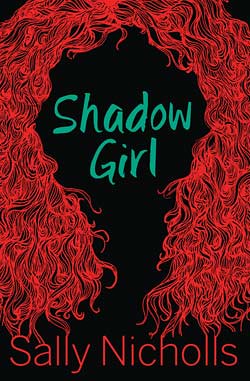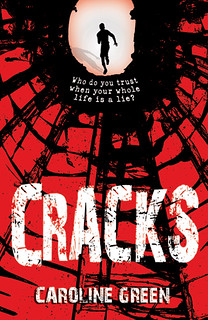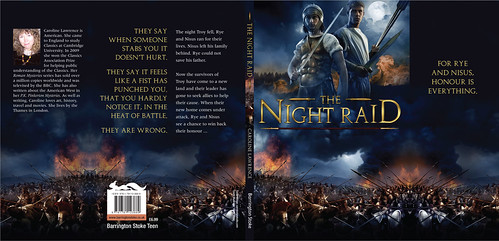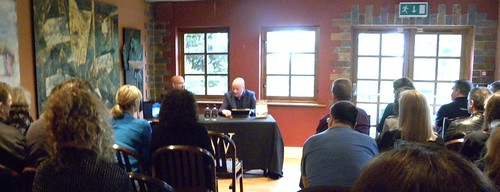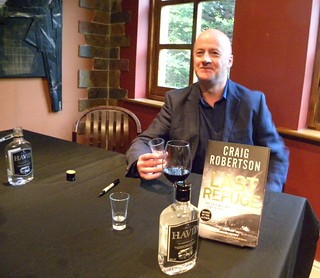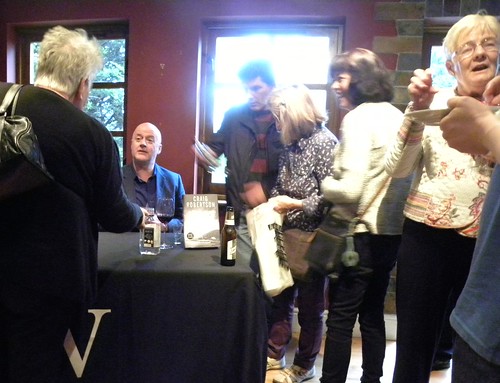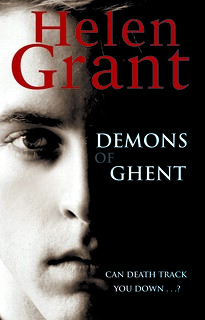‘All change, please!’ Except the guard didn’t say that. Instead, as we sat – packed like sardines – on the train from Copenhagen airport, the PA system indistinctly informed us something was about to change. Our end of the train was going no further. Only, he said it in Danish, and bad English, so it wasn’t either helpful or clear.
And we’d only just got acquainted with the couple out to celebrate Mother’s Day, whom we were sqeezed far too close to for polite company. So we ran for it at Malmö. Even Daughter made it, but only just. She was further in, so had longer to get out.
The drip in the bathroom has changed. It used to be considerable, becoming less with each passing day, while helpfully dripping into a rectangular former ice cream box. Now it refuses to drip into the box, and it is not slowing down, and I’m having to change its nappy, so to speak. (Square of towelling on the floor, which soon gets sodden.)
We’ve had Birdie with us for a week. She does incomprehensible subjects at university, along with Daughter. It means we’ve tried to explain some of the weird ways of Sweden, and we were working on the bottle and drinks can deposit system when we realised the smallest amount had doubled. After a while I hit on the reason for this. The place no longer has 50 öre coins, so can hardly have a 50 öre deposit. No small change here.
Birdie is staying on for the summer. Not with us, but with one of the country’s leading universities, which will mean a considerable change for her. She has spent her week here being led from one outdoor café to another. She’ll think we do nothing but eat. (She’d be right.) When not being force-fed cake, she has read incomprehensible books.
Speaking of books, I went into town (no, I never learn…) and wanted something from the bookshop. You know the drill by now. It had moved. Only about two doors down (or do I mean up?), so I found it easily enough once I could see I’d overshot. When I’d bought what I came for (amazingly they had it), I discovered it had changed names as well. It is now a completely different shop, except it’s the same, really. To me it will always be Larssons Bokhandel.
Went to look for the next thing on my list. Definitely didn’t get that. Mainly because the department store wasn’t there. In its place was a building site, and the only shop open for business was a – new – chemist’s. Presumably to make up for the halving of the old one and the moving of the door which they hit me with last year.
Remember the bus tickets? The ones that changed? Well, now they had to be ex-changed. Every four years your Oyster type card thingy has to be freshened up, so I came armed with the family’s tickets, with all of a week before they became invalid and fizzled into thin air. (I made that last thing up. We’d just have been stranded.)
And speaking of the bus tickets and being stranded; the unions have called a strike for Monday. Either they strike all the time, or we are simply extremely gifted at turning up when they do. May not be able to get rid of the Resident IT Consultant quite as smoothly as planned, because of this.

